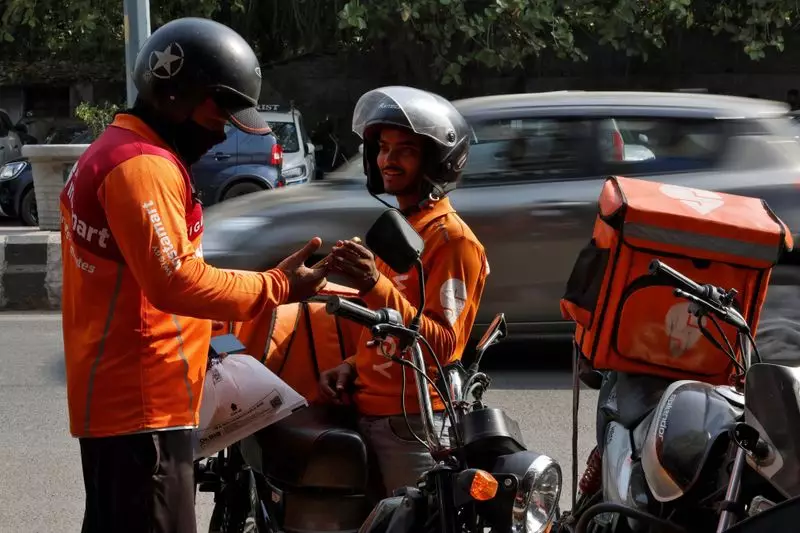
In a significant victory for consumer rights, the District Consumer Disputes Redressal Commission in Panchkula has directed food delivery giant Swiggy to pay Rs 2000 as compensation to a local resident for short delivery of oranges. The ruling highlights the growing accountability expected from online delivery platforms in India.
The Case Details
The complaint was filed by Panchkula resident Ramanand Tiwari, who had placed an order for oranges through the Swiggy app from a local vendor. According to the official records, Tiwari received only six oranges instead of the one kilogram he had paid for, constituting a clear case of short delivery and deficiency in service.
When Tiwari attempted to resolve the matter directly with Swiggy, the platform's customer service failed to provide an adequate resolution. Left with no other option, the consumer approached the District Commission seeking justice and compensation for the unfair practice.
Legal Proceedings and Ruling
The District Consumer Disputes Redressal Commission, comprising President Rekha Dixit and members Sunil Kumar Rana and Geetanjli Goel, thoroughly examined the case. The bench found Swiggy guilty of unfair trade practices and deficiency in service.
In their ruling, the commission directed Swiggy to pay Ramanand Tiwari Rs 1,500 as compensation for the short delivery and an additional Rs 500 to cover litigation expenses. The total compensation amount of Rs 2,000 serves as both restitution for the consumer and a penalty for the delivery platform's failure to ensure service quality.
Broader Implications for Online Consumers
This case establishes an important precedent for consumers using online food delivery services across India. It reinforces that digital platforms cannot escape liability for service deficiencies by shifting blame to their vendor partners.
The ruling emphasizes that when consumers pay for services through platforms like Swiggy, they enter into a direct contract with the platform, making the company responsible for ensuring that the services delivered match what was promised and paid for.
This decision comes at a time when India is witnessing exponential growth in online food delivery services, with millions of transactions occurring daily. The Panchkula Commission's ruling sends a clear message to all e-commerce and delivery platforms about their responsibility toward consumers and the legal consequences of failing to meet service standards.
Consumer rights advocates have welcomed the judgment, noting that it empowers ordinary consumers to challenge large corporations when their rights are violated. The case demonstrates that India's consumer protection mechanisms are effectively addressing grievances in the rapidly evolving digital economy.






